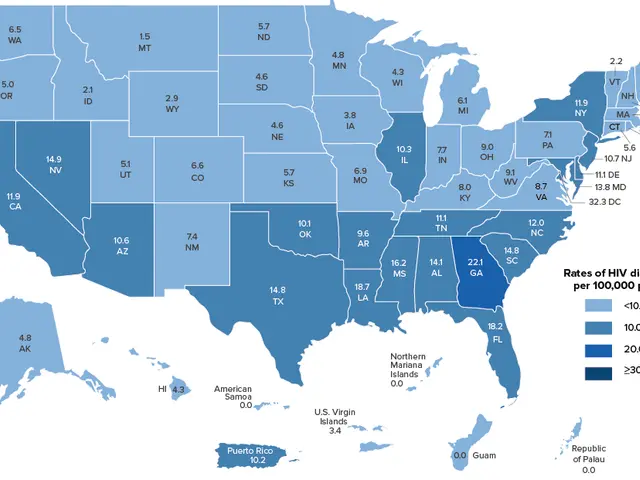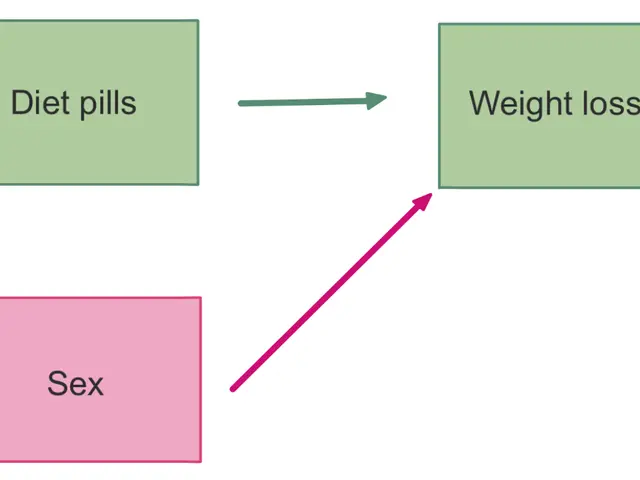WHO’s New Dietary Guidelines Prioritize Fiber and Healthy Fats Over Calories
The World Health Organization (WHO) has revised its dietary guidelines, emphasizing the quality of food over just counting calories. The new rules prioritize certain fats, recommend increased fiber intake, and stress the importance of fruits and vegetables.
The WHO now advises adults to focus on unsaturated fats found in plant oils, fish, and nuts, while limiting saturated and trans fats. They also suggest maintaining an omega-6 to omega-3 fatty acid ratio of no more than 5:1, with rapeseed oil offering a favorable 2:1 ratio.
Magnesium intake should be around 350 mg for men and 300 mg for women, with no more than 400 mg of caffeine daily. Vitamin E should be consumed in amounts up to 15 mg for adults aged 25 to 51.
Fiber intake is now recommended at a minimum of 25 grams per day for adults, which can be achieved by consuming a serving of beans or lentils and 1-2 servings of whole, intact grains. Children's fiber intake is now considered significantly higher than previously thought.
Adults should aim for at least 400 grams of fruits and vegetables daily, with a total of 5 servings or 80 grams each to meet the daily recommendation. Whole grains, vegetables, fruits, and seeds should be the primary sources of high fiber foods for everyone aged 2 and above.
The WHO's new guidelines aim to reduce the risk of overweight, obesity, type 2 diabetes, and cardiovascular disease. By focusing on the quality of food and increasing intake of beneficial nutrients like fiber, these revised recommendations encourage a healthier, more balanced diet.








